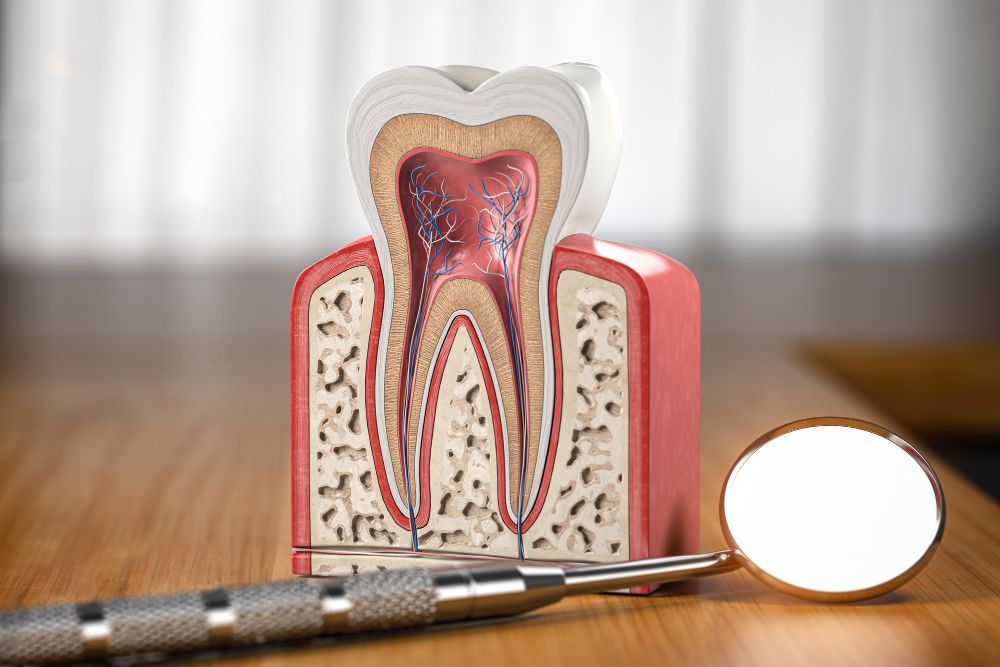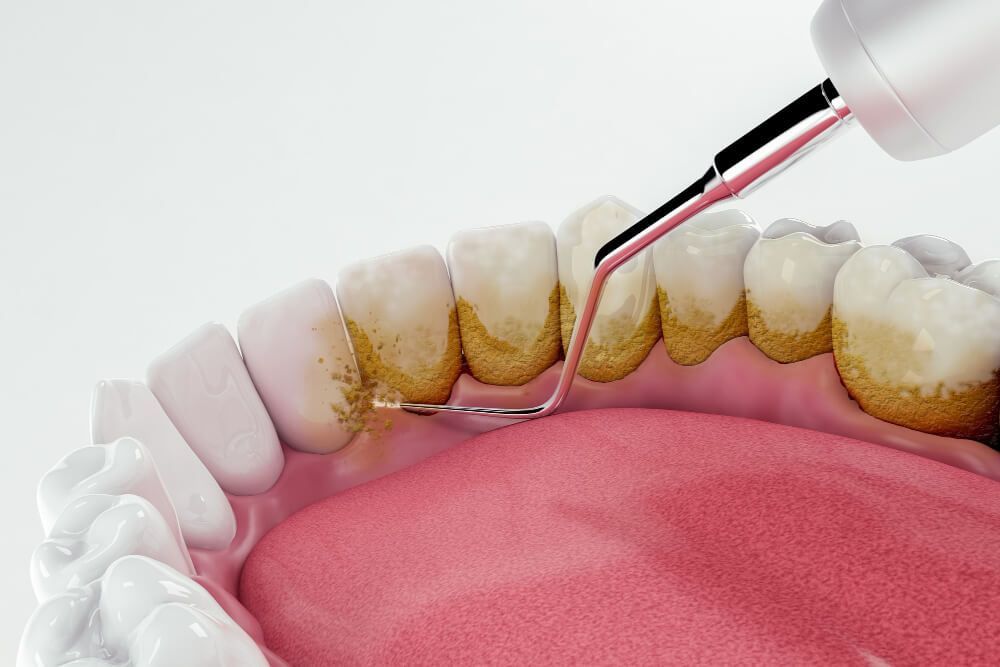Managing Dental Anxiety: 5 tips to do it effectively
Managing Dental Anxiety: 5 tips to do it effectively

If you are one of the people who get anxious before visiting a dentist, you are not alone! Many people experience dental anxiety or fear, which can range from mild to severe. The fear of pain, needles, drills, or the anticipation of an unpleasant experience is enough to cause dental anxiety.
However, managing dental anxiety is possible, and it is essential to overcome it to maintain good oral health. In this article, we will discuss five tips to manage dental anxiety effectively.
Understanding Dental Anxiety
Dental anxiety is a common problem, and it can affect anyone, regardless of age or gender. The fear can stem from a previous bad experience or a fear of the unknown. If left unaddressed, dental anxiety can lead to dental phobia, which is an extreme fear of dentists and dental procedures.
Symptoms of dental anxiety can include sweating, rapid heartbeat, difficulty breathing, and even panic attacks. Therefore, it is crucial to manage dental anxiety to avoid these symptoms and ensure a comfortable dental experience.
Tip #1: Choose the Right Dentist
Choosing the right dentist is the first step in managing dental anxiety. Look for a dentist who is patient, understanding, and takes the time to explain the procedure and address your concerns. Ask for recommendations from friends and family or read online reviews to find the right dentist.
Tip #2: Communicate Your Fear with the Dentist
It is essential to communicate your dental anxiety with the dentist. Let the dentist know about your fear and concerns, and they can help you feel more comfortable during the procedure. Dentists have different techniques to help patients relax, such as using sedation or playing soothing music.
Tip #3: Use Relaxation Techniques
Relaxation techniques such as deep breathing, meditation, and progressive muscle relaxation can help manage dental anxiety. Deep breathing is a simple technique that involves taking deep breaths in through your nose and out through your mouth. Meditation involves focusing on your breath or a calming image to help you relax. Progressive muscle relaxation involves tensing and relaxing different muscle groups to release tension in your body.
Tip #4: Distract Yourself during the Procedure
Distraction can be an effective technique to manage dental anxiety. You can listen to music, watch a movie or a TV show during the procedure. Some dentists also offer virtual reality headsets that can transport you to a relaxing environment and distract you from the procedure.
Tip #5: Seek Professional Help
If your dental anxiety is severe, you may need professional help. Your dentist may refer you to a mental health professional who can help you manage your anxiety. They may use therapies such as cognitive-behavioral therapy or exposure therapy to help you overcome your fear of the dentist.
Conclusion
Dental anxiety can be a challenging problem, but it is possible to manage it effectively. Choosing the right dentist, communicating your fear, using relaxation techniques, distracting yourself, and seeking professional help are some ways to manage dental anxiety. Overcoming dental anxiety can help you maintain good oral health and ensure a comfortable dental experience.








